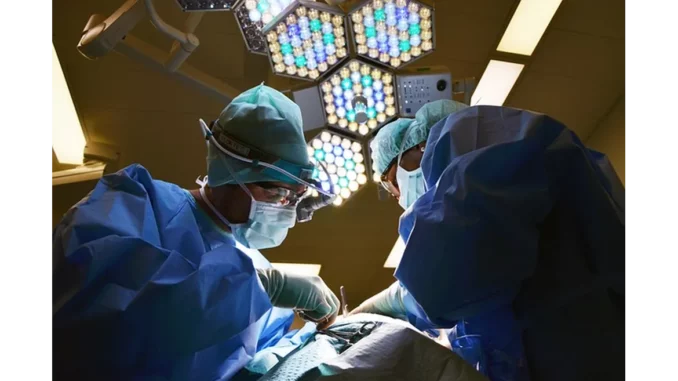
In the dynamic realm of medical technology, AI-enhanced embedded modules are spearheading innovation, particularly in medical imaging and diagnostics. Since the 1990s, artificial intelligence has played a pivotal role in advancing the analysis of medical imaging and data. The introduction of high-performance AI accelerators and machine learning algorithms in the 2000s has significantly refined image analysis, resulting in more precise interpretations and improved patient outcomes.
Artificial intelligence has become integral to medical imaging devices, including MRI, CT scanners, and portable ultrasound machines, fundamentally transforming the field. These devices now incorporate advanced AI algorithms that enable faster, more precise imaging processes. A notable breakthrough in AI for MRI scanning exemplifies this progress; a state-of-the-art algorithm now permits MRI scans to be completed in less than a minute through AI-based computing methods such as upscaling and super-scaling. This AI system extrapolates a limited set of individual images into a comprehensive high-resolution image, substantially reducing scanning time while preserving accuracy. This advancement not only enhances patient comfort but also increases the operational throughput of MRI machines within medical facilities.
In addition to imaging, AI is making significant strides in endoscopy by assisting in real-time lesion detection during examinations. By alerting healthcare practitioners to potential areas of concern, AI enhances diagnostic accuracy and, consequently, patient care. The integration of high-performance AI inference ensures that these models operate swiftly, providing clinicians with immediate, actionable insights. Beyond diagnostics, AI is increasingly influential in therapeutic equipment such as ventilators. These systems utilize AI algorithms to continuously assess patient data, automatically adjusting parameters like respiratory rate and oxygen supply. This dynamic optimization of treatment enhances patient care while alleviating the workload of healthcare professionals.
The vast quantities of data generated by medical devices demand robust computing architectures. Historically, this necessitated the use of dedicated graphics processing units (GPGPUs) or AI accelerator cards. However, the landscape is shifting as processor manufacturers now embed AI functionalities directly into their chips, streamlining processes and reducing costs. Intel’s Core Ultra processors epitomize this trend by integrating a CPU, GPU, and neural processing unit (NPU) on a single chip. This integration allows for more efficient execution of medical applications, harnessing the collective power of these processors for high-performance AI tasks.
As AI technology advances, the adaptability of modular computing solutions becomes increasingly significant. Computer-on-module (COM) solutions, such as the conga-TC700, offer developers the ability to easily adjust their products to meet new computing demands. By simply swapping out modules, manufacturers of medical devices can upgrade their systems to incorporate the latest AI advancements, ensuring their offerings remain at the technological forefront. The development and optimisation of AI models for medical applications are supported by comprehensive software frameworks like Intel Geti and OpenVINO. These tools facilitate rapid AI model development and optimisation, enabling medical device engineers to implement AI solutions with minimal coding resources. OpenVINO, in particular, excels in transferring pre-developed AI models to medical devices, optimising workload distribution for peak efficiency.
AI-embedded modules are fundamentally transforming the landscape of medical technology. By integrating AI directly into medical devices, these modules improve diagnostic accuracy, enhance patient outcomes, and streamline therapeutic processes. As semiconductor technology continues to evolve, the potential for AI in medtech is limitless, heralding a future where medical devices are more intelligent, efficient, and adaptable than ever before. This confluence of AI and medical technology promises to redefine the boundaries of what is possible in patient care, offering a glimpse into a future where healthcare is continuously refined and reimagined through innovation.


Be the first to comment